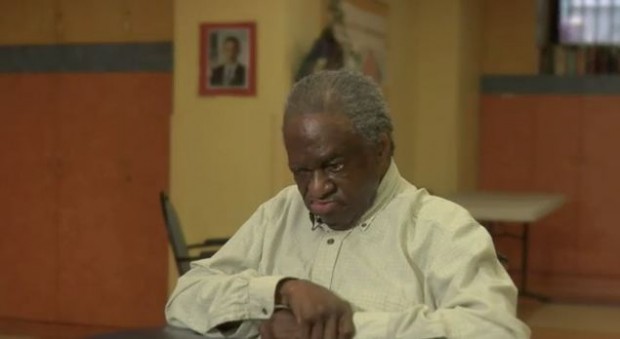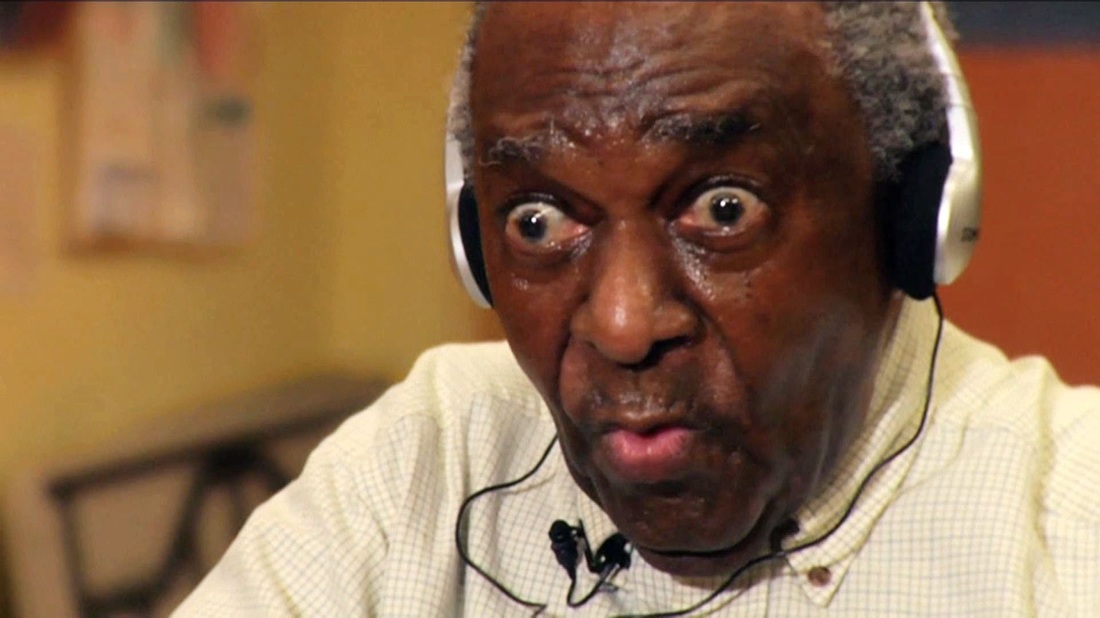As many of you may already understand from previous blogs, Alzheimer’s symptoms vary and within this cognitive decline, manifestations in language deficits or failure in speech or naming are typically most noticeable first to the outsider. Verbal fluency issues, comprehension problems, deteriorations of spontaneous speech, indefinite words, repetition – these all lead to segregation from others, and what some call dialogic degeneration. Due to this separation, patients need continual interventions to address their needs and to prevent isolation.
What is music therapy? Music therapy is used to both maintain and build new skills, while also decreasing undesirable behavior. It improves attention, reality orientation, face-name recognition, language, and memory and cognition. Active participation in music therapy has been found to improve quality of life overall. Music therapy also reduces hallucinations, agitation, stress, and anxiety. Therapy is even more effective when family members are involved, especially when they are aware of their loved ones preferred styles of music, favorite selections, and artists.
Two primary methods or umbrellas of home techniques may help you make meaningful connections:
- Receptive therapy takes a listening-based approach, which can induce relaxation, expression and development of thoughts, treat anxiety, depression, or other cognitive disorders. Cultural, patriotic, and simple folk songs can all play an important role encouraging an emotional response, as well as classical, jazz, world, New Age, and popular music. What is important here is the integration of discussion within the listening – asking open-ended questions related to lyrics and feelings, such as, “Doesn’t music make you feel good?” Even yes or no questions can lead to conversations of memories about patriotic events, social gatherings, their family or home, and musical experiences.
- The second method is Active therapy, where those with Alzheimer’s are engaged in playing instruments or singing (alone or with groups), dance movement, composition and improvisation, and musical games – all of these stimulate and enhance physical-motor, cognitive, and socio-emotional areas. These methods have proved to decrease behavior problems, such as wandering, continuous crying, shouting, and agitation typical of advanced phases. In 2014, Sole, a music researcher, tested how playing musical instruments engaged stage 7 Alzheimer’s patients and found that playing involves more imitation and creativity, so therefore, higher levels of cognition processing produced more effective therapeutic advantages. This active therapy can also allow patients to discover remaining abilities, either through group singing or dancing. Specifically, dancing can rekindle emotional feelings when a loss of speech and singing has even diminished.
Under these two umbrellas are several basic activities to engage your loved ones musically in a balanced presentation:
- Listen to a prescribed music repertoire and discuss related memories through photographs and albums
- Engage in movement through energetic songs, and if that is not possible, show your loved ones YouTube videos of dancers, like Fred Estaire, Ginger Rogers, or Gene Kelly to excite and energize them
- Consider repertoire for muscle relaxation and positive imagery, like natursecape selections, classical music, and calming cultural themes from their youth
- Solicit active participation, such as social singing or playing auxiliary rhythm instruments like small shakers, maracas, tambourines, or claves
- Create peaceful playlists to calm your loved one after a difficult day
https://www.youtube.com/watch?v=5FWn4JB2YL
Please consider making your own personal music preferences available to share with your children, siblings, or better yet, make several CDs or accessible playlists for yourself and for your family because you never know when music may become your biggest ally or best medicine. Music can be equally therapeutic for a multitude of ailments, from depression to pain management.
For next month’s blog in February, I will be providing specific playlist samples to help you form a balanced, prescribed playlist for your loved ones. These suggestions are divided based on birth decade, and categorized by therapeutic techniques. Please visit my website again in February to find excellent playlists and helpful tips to guide your own personal journey toward a prescribed repertoire!
#musicandmemory #Alzheimer’s #EndAlz #musictherapy #musicians #AliveInside



 RSS Feed
RSS Feed